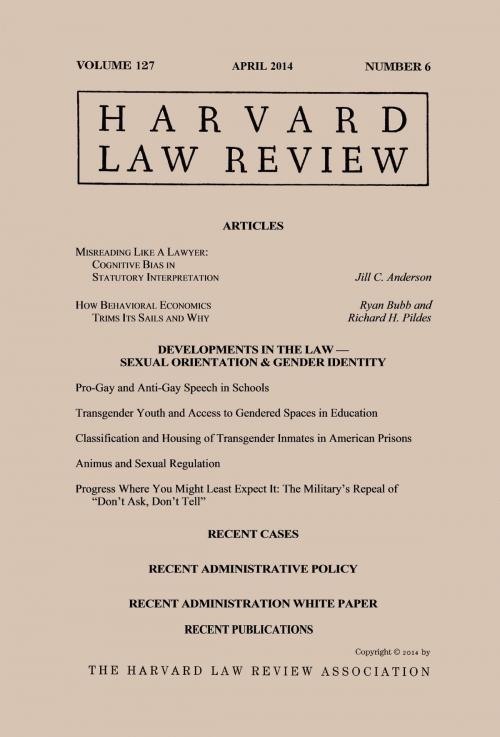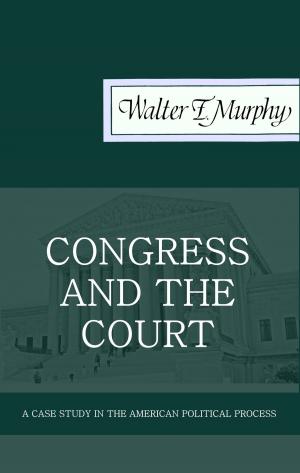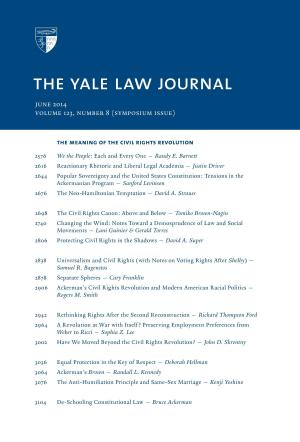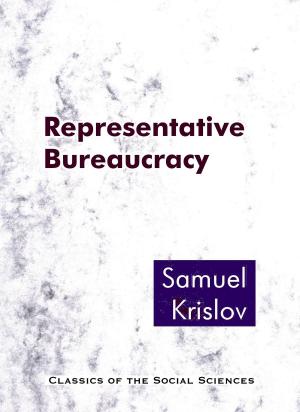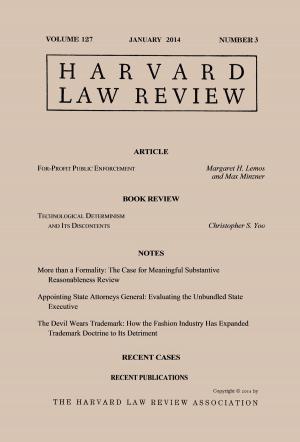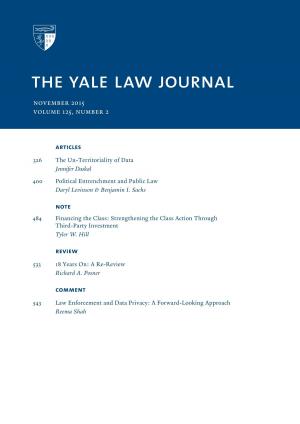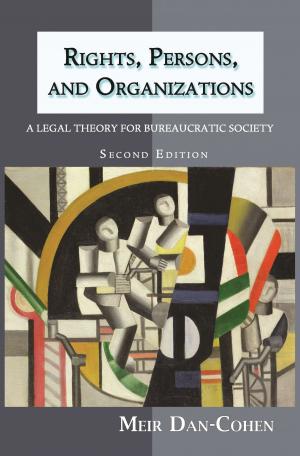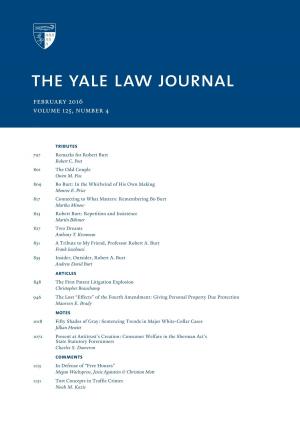Harvard Law Review: Volume 127, Number 6 - April 2014
Nonfiction, Reference & Language, Law, Jurisprudence, Social & Cultural Studies, Social Science, Gender Studies, Gay Studies| Author: | Harvard Law Review | ISBN: | 9781610278782 |
| Publisher: | Quid Pro, LLC | Publication: | April 9, 2014 |
| Imprint: | Smashwords Edition | Language: | English |
| Author: | Harvard Law Review |
| ISBN: | 9781610278782 |
| Publisher: | Quid Pro, LLC |
| Publication: | April 9, 2014 |
| Imprint: | Smashwords Edition |
| Language: | English |
The contents of Number 6 (Apr. 2014) include scholarly articles and student research, as well as as the extensive, annual survey of Developments in the Law. This year's subject is SEXUAL ORIENTATION AND GENDER IDENTITY. Topics include "Pro-Gay and Anti-Gay Speech in Schools," "Transgender Youth and Access to Gendered Spaces in Education," "Classification and Housing of Transgender Inmates in American Prisons," "Animus and Sexual Regulation," and "Progress Where You Might Least Expect It: The Military's Repeal of 'Don't Ask, Don't Tell.'" Each year, the special Developments issue serves, in effect, as a new and detailed book on a cutting-edge legal subject.
The issue also includes an article by Jill C. Anderson, "Misreading Like a Lawyer: Cognitive Bias in Statutory Interpretation," and an article by Ryan Bubb & Richard H. Pildes, "How Behavioral Economics Trims Its Sails and Why."
In addition, student case notes explore Recent Cases on such diverse subjects as false advertising by disseminating scientific literature, free speech rights of professors in public universities, voter identification laws, sentencing by imposing the condition of penile plethysmography, aiding and abetting violations in international law, and whether intercepting unencrypted wi-fi violates the Wiretap Act. A further student work explores the recent administrative policy of the Social Security Administration's eliminating a surgical requirement for changing trans individuals' gender designation, and another explores a recent administration white paper on national security and whether bulk metadata collection violates the USA PATRIOT Act. Finally, the issue features several summaries of Recent Publications.
The Harvard Law Review is offered in a quality digital edition, featuring active Contents, linked notes, active URLs in notes, and proper ebook and Bluebook formatting. The contents of Number 6 (Apr. 2014) include scholarly essays by leading academic figures, as well as substantial student research. The Review is a student-run organization whose primary purpose is to publish a journal of legal scholarship. The organization is formally independent of the Harvard Law School. Student editors make all editorial and organizational decisions.
The contents of Number 6 (Apr. 2014) include scholarly articles and student research, as well as as the extensive, annual survey of Developments in the Law. This year's subject is SEXUAL ORIENTATION AND GENDER IDENTITY. Topics include "Pro-Gay and Anti-Gay Speech in Schools," "Transgender Youth and Access to Gendered Spaces in Education," "Classification and Housing of Transgender Inmates in American Prisons," "Animus and Sexual Regulation," and "Progress Where You Might Least Expect It: The Military's Repeal of 'Don't Ask, Don't Tell.'" Each year, the special Developments issue serves, in effect, as a new and detailed book on a cutting-edge legal subject.
The issue also includes an article by Jill C. Anderson, "Misreading Like a Lawyer: Cognitive Bias in Statutory Interpretation," and an article by Ryan Bubb & Richard H. Pildes, "How Behavioral Economics Trims Its Sails and Why."
In addition, student case notes explore Recent Cases on such diverse subjects as false advertising by disseminating scientific literature, free speech rights of professors in public universities, voter identification laws, sentencing by imposing the condition of penile plethysmography, aiding and abetting violations in international law, and whether intercepting unencrypted wi-fi violates the Wiretap Act. A further student work explores the recent administrative policy of the Social Security Administration's eliminating a surgical requirement for changing trans individuals' gender designation, and another explores a recent administration white paper on national security and whether bulk metadata collection violates the USA PATRIOT Act. Finally, the issue features several summaries of Recent Publications.
The Harvard Law Review is offered in a quality digital edition, featuring active Contents, linked notes, active URLs in notes, and proper ebook and Bluebook formatting. The contents of Number 6 (Apr. 2014) include scholarly essays by leading academic figures, as well as substantial student research. The Review is a student-run organization whose primary purpose is to publish a journal of legal scholarship. The organization is formally independent of the Harvard Law School. Student editors make all editorial and organizational decisions.
